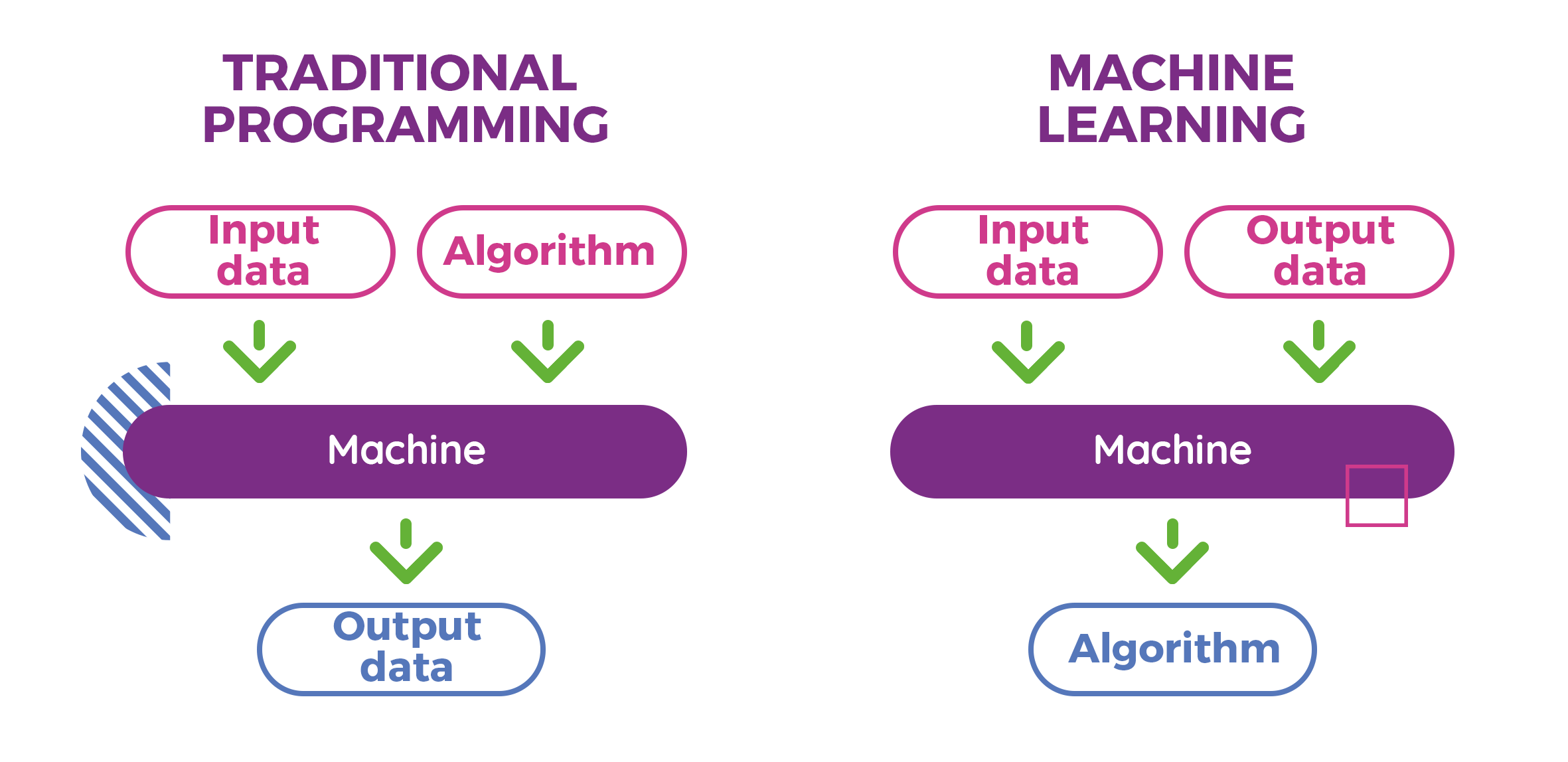In an era marked by escalating cybersecurity threats and identity fraud, traditional methods of authentication such as passwords and PINs are increasingly vulnerable to exploitation. As a result, the demand for more secure and reliable authentication mechanisms has never been greater. Enter biometric authentication—an innovative technology that leverages unique biological identifiers to verify identity and enhance security. In this blog post, we delve into the world of biometric authentication, exploring its evolution, applications, and the potential it holds for revolutionizing security across various industries.
Read More: Android Vs iPhone
Evolution of Biometric Authentication
Biometric authentication traces its roots back to ancient civilizations, where fingerprints were used as a means of identifying individuals. However, it wasn’t until the advent of modern technology that biometrics began to gain traction as a viable method of authentication. Over the years, advancements in biometric recognition technology have expanded the range of identifiers beyond fingerprints to include facial features, iris patterns, voiceprints, and even behavioral traits such as typing patterns and gait.
Applications Across Industries
Biometric authentication has found widespread adoption across various industries, ranging from finance and healthcare to government and law enforcement. In the financial sector, biometrics are used to authenticate transactions, prevent fraud, and enhance the security of online banking and payment systems. In healthcare, biometric identifiers are utilized to ensure the accuracy of patient records and protect sensitive medical information. Government agencies and law enforcement agencies leverage biometrics for border control, criminal identification, and national security initiatives.
Advantages Over Traditional Authentication Methods
One of the key advantages of biometric authentication is its unparalleled accuracy and reliability. Unlike passwords and PINs, which can be forgotten, stolen, or easily replicated, biometric identifiers are unique to each individual and cannot be easily compromised. Furthermore, biometric authentication offers a seamless and user-friendly experience, eliminating the need for cumbersome passwords and streamlining the authentication process.
Addressing Concerns About Privacy and Security
While biometric authentication offers many benefits, it also raises concerns about privacy and security. Critics argue that storing biometric data in centralized databases poses significant risks, as it makes individuals vulnerable to data breaches and identity theft. To address these concerns, stringent measures such as encryption, anonymization, and decentralized storage are implemented to safeguard biometric data and protect user privacy.
The Future of Biometric Authentication
As technology continues to evolve, the future of biometric authentication holds promise for even more innovative applications. Advancements in artificial intelligence and machine learning are enabling the development of biometric systems that can adapt and learn from user behavior, further enhancing security and usability. Additionally, the integration of biometrics with emerging technologies such as blockchain holds potential for creating decentralized and tamper-proof identity verification systems.
Conclusion
Biometric authentication represents a paradigm shift in the way we verify identity and enhance security. With its unparalleled accuracy, reliability, and user-friendliness, biometrics are poised to become the cornerstone of authentication across various industries. However, as with any technology, careful consideration must be given to the ethical, legal, and privacy implications of biometric authentication to ensure that it is deployed responsibly and ethically.
In an increasingly digitized world where security threats abound, biometric authentication offers a beacon of hope—a transformative technology that promises to safeguard sensitive information and protect individuals from the perils of identity theft and fraud. As we continue to embrace biometrics, let us do so with a steadfast commitment to upholding the principles of privacy, security, and ethical use, ensuring that the benefits of this groundbreaking technology are realized for the greater good.








